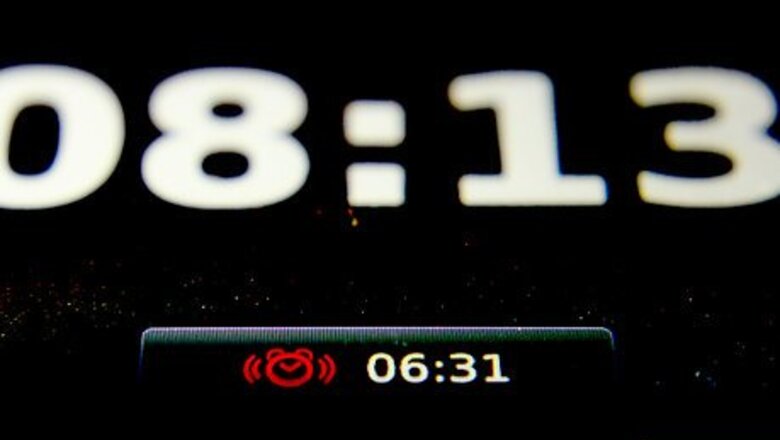
views
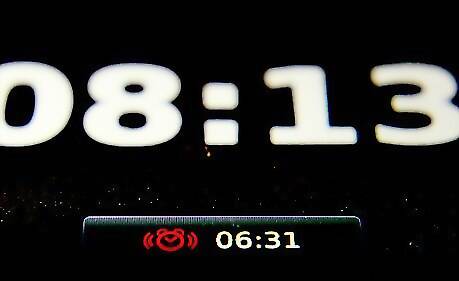
Keep all your clocks as correct as you can make them. Remember to check the ones on your computer, car, and cell phone. When you enter a new environment, check any clocks and note whether or not they match yours. While you are training yourself, wear a watch or carry a phone or other clock with you at all times. The more accurate your clocks, the better you'll be able to fine-tune your sense of time.
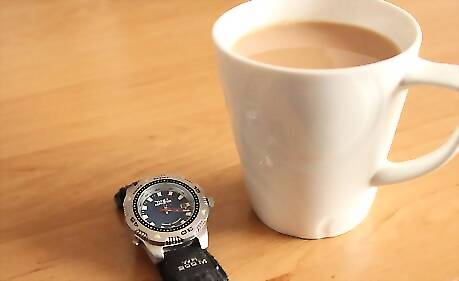
Stabilize your circadian rhythm. Humans have a natural internal clock that regulates biological processes. If this rhythm is disrupted, not only will you have difficulty judging time, but it can also have negative effects on your health and productivity. To keep your circadian rhythm optimized, develop a routine in which you eat, sleep, and expose yourself to natural light at about the same times each day.
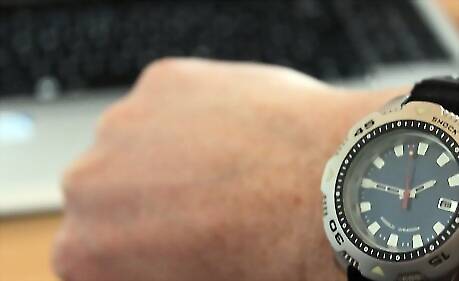
Every time you think of it, guess to yourself what time it is. Check a clock or watch. Make a point of correcting yourself. Think or say to yourself something like "I thought it was 10:20, but it's actually 10:34. I was 14 minutes slow." This is your time sense gap. You can make it a habit to do this every time you encounter a certain landmark or object, such as a stop sign, traffic light or mirror. You may want to try guessing the time when you awaken, if you do not wake to an alarm.

Whenever you get a chance, check a clock and make note of the time. Go about your regular life, attempting to guess when it has been one hour. Check a clock on your guess and make note of your time sense gap. As you get better, vary the time intervals you try to guess.
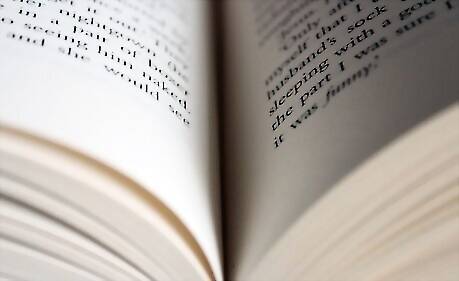
When you start a task with a defined beginning and end (reading a chapter of a book, driving to a friend's house, taking a shower) guess how long it will take you. When you finish, guess how long it actually took you. Check the time. How far off was your initial guess? How far off was your second guess?
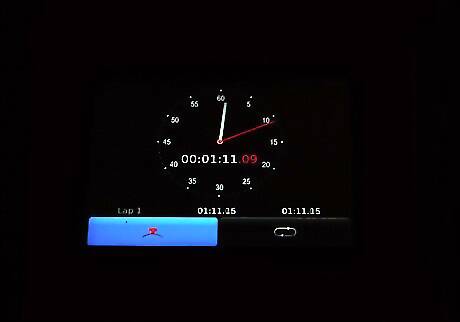
When you start a task that has a specified time frame (like when cooking), set a timer for the upper end of the range given. For example, if you're to cook oatmeal for 3-5 minutes, set a timer for 5 minutes. Assign yourself the task of guessing when 3 or 4 minutes have passed. If you make a mistake, the timer will save you from having burnt oatmeal. But with practice, you'll develop a sense for how long to leave the oatmeal cooking, as many chefs learn to do with various dishes they cook often.
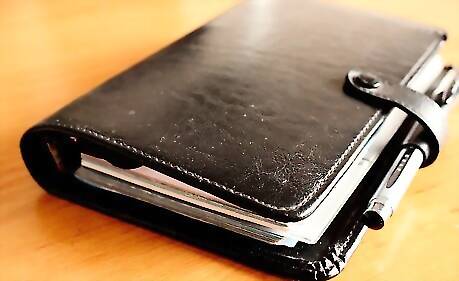
Record your progress in a time sense journal. Whenever you observe a time sense gap, write it down. You might notice a pattern, like that you tend to be about 15 minutes slow in the morning, and 30 minutes fast in the afternoon. Or, like most people, time will seem to pass slowly when you're doing something monotonous or boring, and pass quickly when you're keeping busy or having fun. As you continue matching your guesses with reality, your sense of time will noticeably improve.




















Comments
0 comment